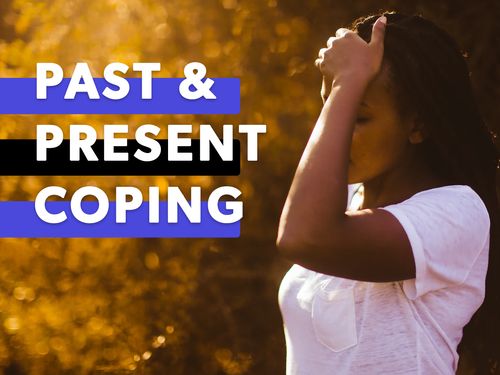Brene Brown's tips from Daring Greatly: Coping with a painful past and uncertain future
Nov 08, 2020 · 2 mins read
0
Share
According to Dr. Brene Brown, fear of emotional risk stems from an aversion to vulnerability. Avoiding or repressing sadness, shame or fear can cause you to flee from your own life.
Save
Share
Dr. Brené Brown is a research professor, author and acclaimed public speaker. Brown spent years studying courage, vulnerability, shame, and empathy. After her viral TED Talk in 2010 she wrote the bestseller Daring Greatly.
Save
Share
Daring Greatly explains that it is essential to overcome shame because it is widespread and universal. It’s difficult to talk about and thrives in a culture of silence and fear.
Save
Share
A few common shame triggers: fear of ridicule, stress over physical appearance, aversion to any perception of weakness, fear of making mistakes.
Save
Share
The shame Brown is discussing is the deep seated shame of who you are as a person as opposed to any embarrassment from a particular action or circumstance.
Save
Share
Resist the inclination to self-shame by identifying when and how you experience it, share about your struggle with someone you trust and be aware of how the current culture can trigger shame.
Save
Share
In the workplace, shame can look like humiliation, bullying or harassment for mistakes. This affects 37% of employees in the US and prevents innovation, taking creative risk and taking healthy accountability and responsibility for one’s actions.
Save
Share
Organizations can build shame resilience through leaders who foster discussions and talk about how shame is affecting the organization. They can also train employees on healthy ways of facing difficult situations and differentiating between shame and guilt.
Save
Share
Parents can prevent children from normalizing self-shame by differentiating actions from character. For example, a child lying should not be labeled as a liar, but as someone who made a poor decision but can make a better choice next time.
Save
Share
Brown doesn’t propose to completely reject shame, but rather balance it with resilience in order to take the emotional risks needed in order to pursue the life you desire.
Save
Share
0
